Mythos Mosel: 10 Things to Know Before You Go
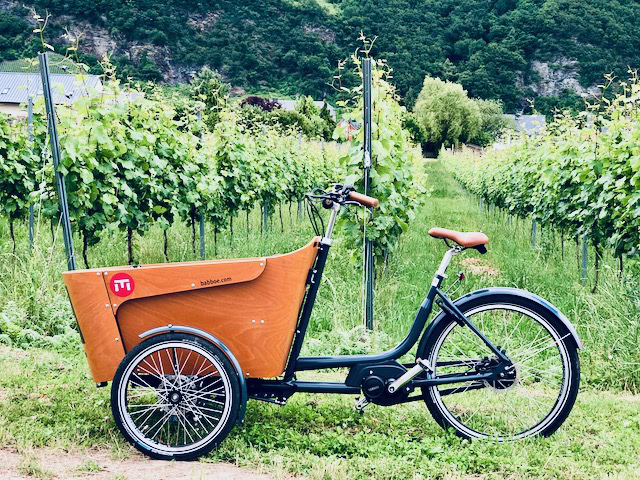
Learn more about the most dynamic way to interact with 120 producers in just one weekend.

Learn more about the most dynamic way to interact with 120 producers in just one weekend.
Writer, Editor, Publisher
Valerie Kathawala specializes in the wines of Germany, Austria, South Tyrol, and Switzerland, as well as those closer to her home in New York City. Her work appears in the pages of Noble Rot, Full Pour, SevenFifty Daily, Meininger’s Wine Business International, Pipette, Glug, Pellicle, and a number of other tolerant publications.
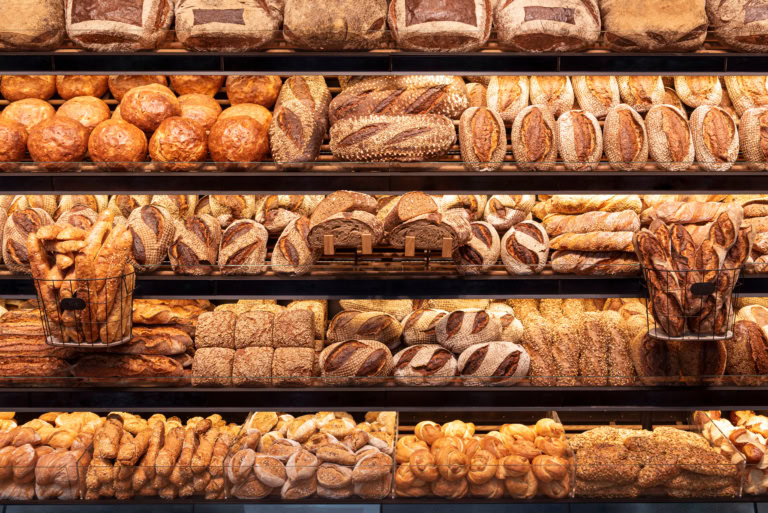
On a chilly April morning, I sat in the tasting room of an renowned old Alsatian winery, under the spell of an enchanting rose-and-peach-inflected, off-dry Gewurztraminer from vines right outside the winery’s door. I chatted with the person pouring the wine. They asked what brought me to Alsace. I answered that I had just studied German bread baking at the Akademie Deutsches Bäckerhandwerk. “I’ve never thought about German bread before,” they responded. We were less than 30 kilometers from the German border, in a town with a German name, at a winery with a German name. But they’d never even…...
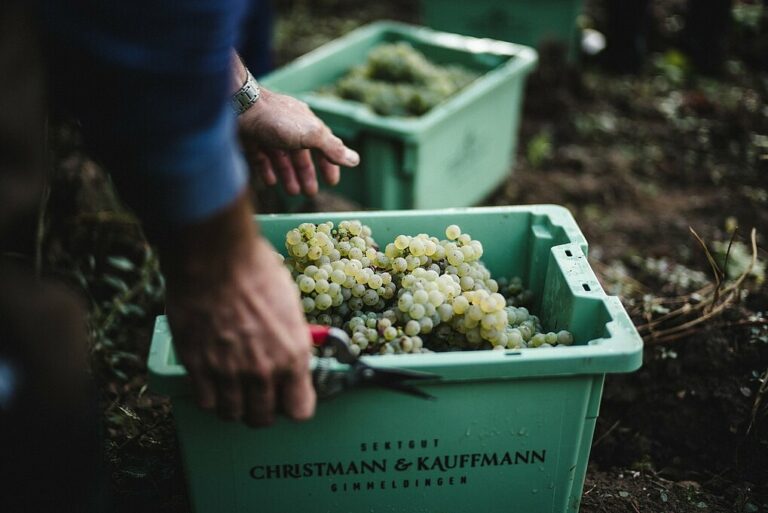
Champagne roots and Riesling blood: an interview with Pfalz's newest sektgut Christmann & Kauffmann.
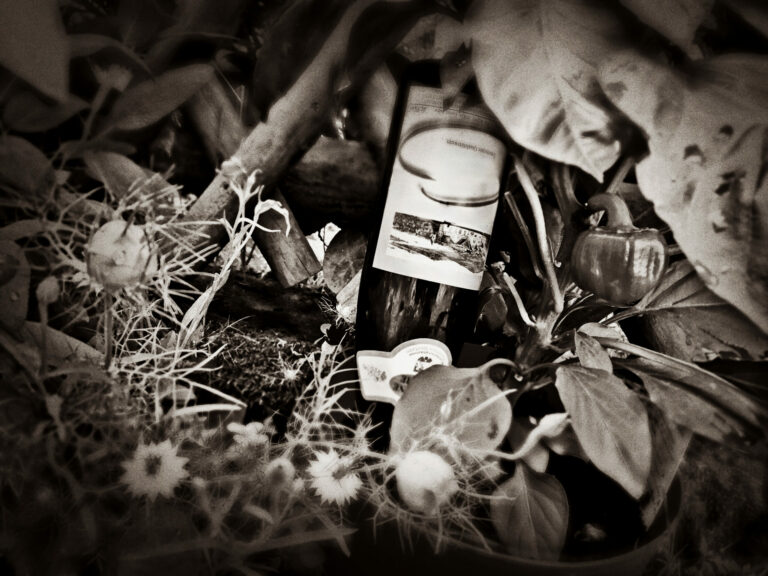
“Dry” describes what wine drinkers overwhelmingly profess to desire. And “trocken” can only appear on labels of German Rieslings with less than 10 grams of residual sugar. If one desires sweetness, there is no lack: Most of today’s Kabinetts are higher in sugar than were Auslesen of the 1980s. (Granted, the grapes were probably also higher in must weight.) Aesthetically as well as commercially, success in the realm of legal dryness—Trockenheit—as well as that of pronounced sweetness, can scarcely be denied. German Riesling growers have long since succeeded in proving that they too can render world-class dry wine, while simultaneously…...
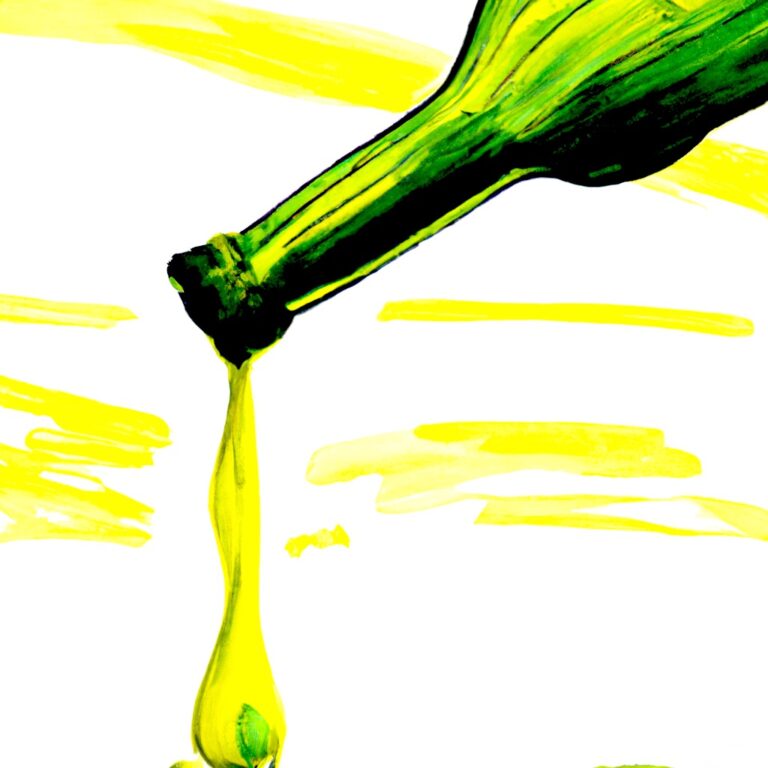
With production levels dwindling, many German wine circles are asking the uncomfortable question “Is Auslese finished?” David Schildknecht answers.
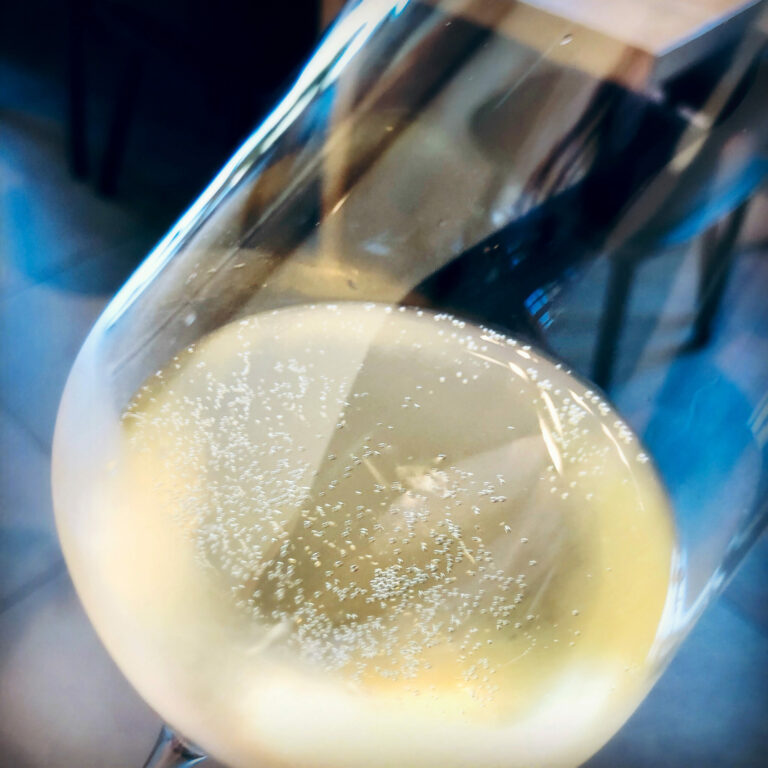
It is Friday night and I’m terrified. In 24 hours, a top sommelier is coming to our house for dinner. A sommelier who puts together the wine lists for a global restaurant group; a sommelier who has spent over 30 years training more somms than I’ve seen typos on a wine list; a sommelier who matches food and wine the way the rest of us match our Sunday outfits. And tomorrow, I’m responsible for the wine. My wife draws up a shopping list for the meal, blissfully unconcerned. “We’re not a restaurant,” she says, “why should she expect Michelin-starred cooking?”…...
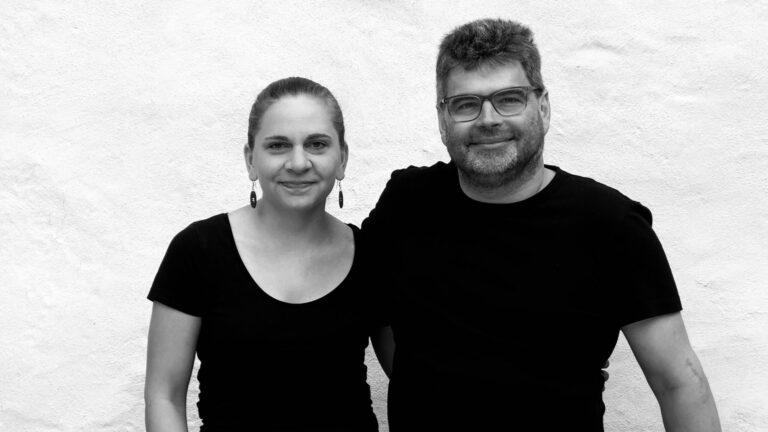
What do one of the Mosel’s oldest winemaking estates and a country with a fledgling wine-drinking culture have in common? The answer, as with most things in life, is Riesling. “German Riesling has become a synonym for white wine in Finland,”” says Heidi Mäkinen MW, Portfolio Manager for Viinitie Oy, one of that country’s largest importers of German wine. “Finns like the freshness and fruit, and Riesling is one of those wine words that’s incredibly easy to pronounce.” As Viinitie’s new portfolio manager, Mäkinen, for whom work and private life has little separation, has kicked off her holidays 2,000 kilometers south of her…...
Enjoy unlimited access to TRINK! | Subscribe Today